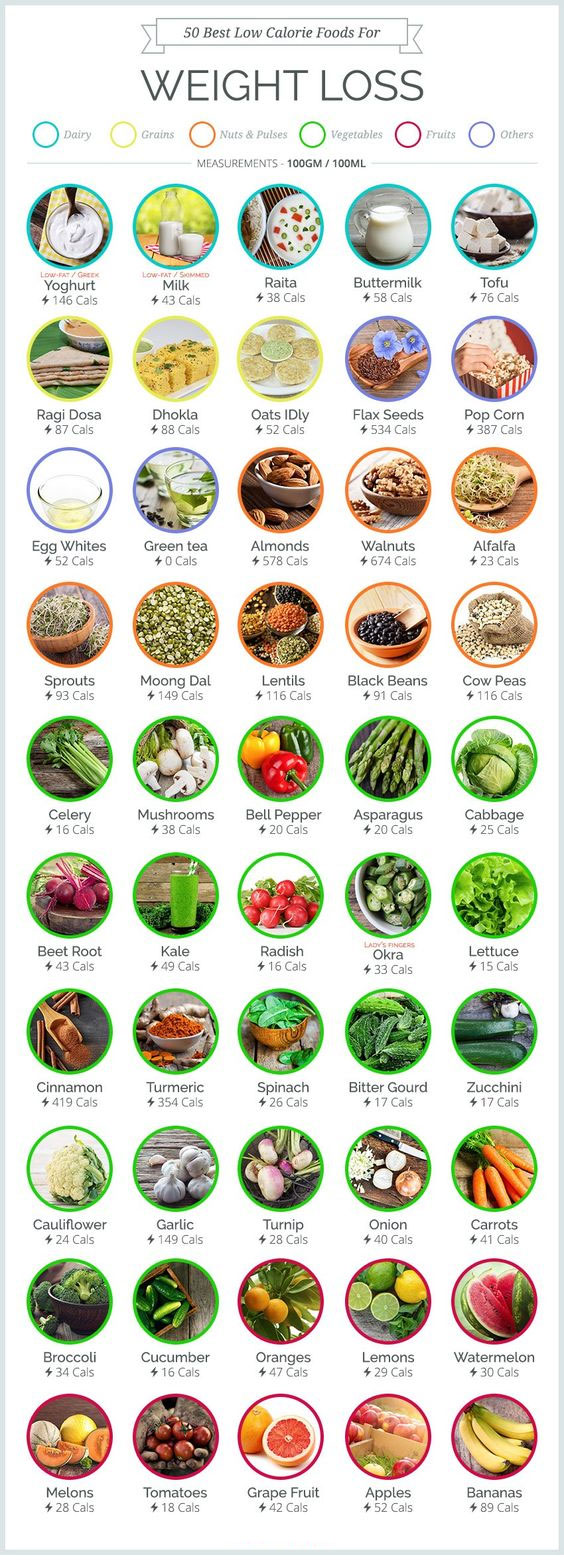The Secret To Eating For Your Mood Is Revealed
By now it’s fairly well known that a healthy diet goes a long way in preventing a number of diseases. What you may not be aware of is what we eat can significantly impact on our moods.
Research from Binghamton University, State University of New York suggests that our food choices have an effect on our mental wellbeing.
Mental Distress
Furthermore, due to the different stages of brain development in young adults (18-29) versus mature adults (30 and over), it may be crucial to change our eating habits as we age if we want to ward off mental distress.
According to findings, brain maturation may not reach completion until age 30, which may account for the “differential emotional control, mindset, and resilience among young adults and mature adults. As a result, dietary factors may influence mental health differently in these two populations.”
Researchers conducted an anonymous, global online survey with a Food-Mood Questionnaire, including questions on food groups associated with neurochemistry and neurobiology.
The data indicated that young adults’ mood appeared to be dependent on food (such as meat) that increases availability of neurotransmitter precursors and their concentrations in the brain.
Conversely, adults over 30 seemed to depend more on antioxidant–rich foods (fruits and vegetables). Furthermore, avoiding “food that inappropriately activates the sympathetic nervous system” and triggers the stress response (coffee, high glycemic index and skipping breakfast) was also shown to be advantageous among the more mature population.
A significant finding was that mood in young adults appears to be “sensitive to the build-up of brain chemicals”. Frequent meat consumption leads to the accumulation of two brain chemicals (serotonin and dopamine) known for promoting a positive mood.
Lose Weight Without Starving Yourself – CLICK HERE
Regular exercise also causes a build-up of these and other neurotransmitters, “according to one of the study’s lead researchers. Young adults who ate meat (red or white) less than three times a week and exercises less than three times week showed significant mental distress.
Since antioxidants help combat inflammation, which speeds up the aging process and contributes to the onset of many diseases, consuming antioxidant-dense foods is clearly even more critical for adults over 30.
Formation of free radicals (oxidants) increases with age, and this causes disturbances in the brain and leads to increase the risk of mental distress. Concurrently, our ability to manage stress diminishes, so if we choose foods that activate the stress response (e.g. coffee and excessive carbohydrates), we are more likely to suffer mental distress.
While ample servings of fruits and vegetables are highly recommended, admittedly, this can be challenging, given the often hectic pace of life.
7 Tricks For Organic Gardening – CLICK HERE
Below are some tips to help you along:
Spice it up!
Spices and herbs, such as cumin, coriander and parsley, are extremely nutrient dense and loaded with potent antioxidants. Add spices to guacamole and soup for added flavour and nutrients. Add herbs, like basil and cilantro to hummus and egg recipes.
Eat rainbow hues
The American Academy of Neurology discovered that those who follow a diet high in produce may have a lower risk of developing depression compared to those with a Western diet. To ensure you’re getting adequate antioxidants, eat as many natural foods in a range of bright hues as you can. Prep vari-coloured sweet peppers and other colourful foods, such as cabbage carrots, beets, along with green veggies. Store them in your refrigerator and eat during the week.
Sip smoothies
A morning smoothie is a convenient way to get an abundance of antioxidants. Whip up a berry smoothie and add greens (kale or spinach) for a delightful, nutrient-packed start to your day. Add spices (e.g. turmeric, ginger or cinnamon) or herbs (cilantro or parsley) for a greater antioxidant boost.
Avoid overcooking veggies
Eating fruits and vegetables raw can help reduce symptoms of depression, according to a recent study by the University of Otago. Those who consumed raw produce reported “less depressive symptoms and higher life satisfaction and positive outlook” compared to those who ate more canned, cooked or processed fruits and vegetables.
Overcooking veggies will deplete their nutrients. Eat raw greens and other raw vegetables wherever possible. If not so palatable, lightly steam or blanch them to retain nutrients. The following raw fruits and vegetables have been shown to improve mental health: carrots, bananas, apples, dark leafy greens like spinach, grapefruit, lettuce, citrus fruits, fresh berries, cucumber and kiwi.
Enjoy tea
Teas – whether traditional or superfood infusions with berries or (indigenous) herbs – are refreshing and extremely rich in antioxidants. Sip green or white tea in between meals. They can give you a boost of energy and support digestion.
Moderate drinking
Excessive alcohol not only strips your body of nutrients, but it can also cause inflammation – the precursor of disease. Alcohol is also a depressant, so frequent drinking can also negatively affect your mood.
Nutrient testing
Bear in mind that as we age, our bodies may have problems absorbing nutrients, such as certain vitamins and minerals, from the foods we eat. This is why it’s crucial to periodically get a comprehensive nutrient test to determine whether you have any deficiencies or imbalances. Armed with this information, you can adjust your diet accordingly and take high quality supplements.
Be sure to nurture your gut health and consider any medications you may be taking (both prescription and over-the-counter), as these can also deplete vital nutrients from your body.
Vegetable Gardening and Safe Pest Control Tips – CLICK HERE





